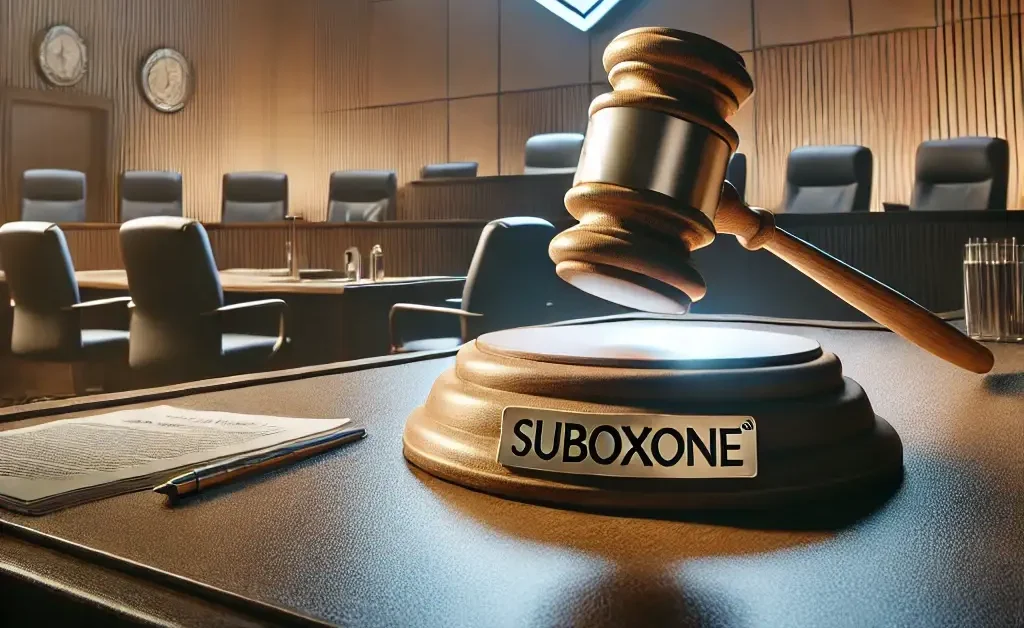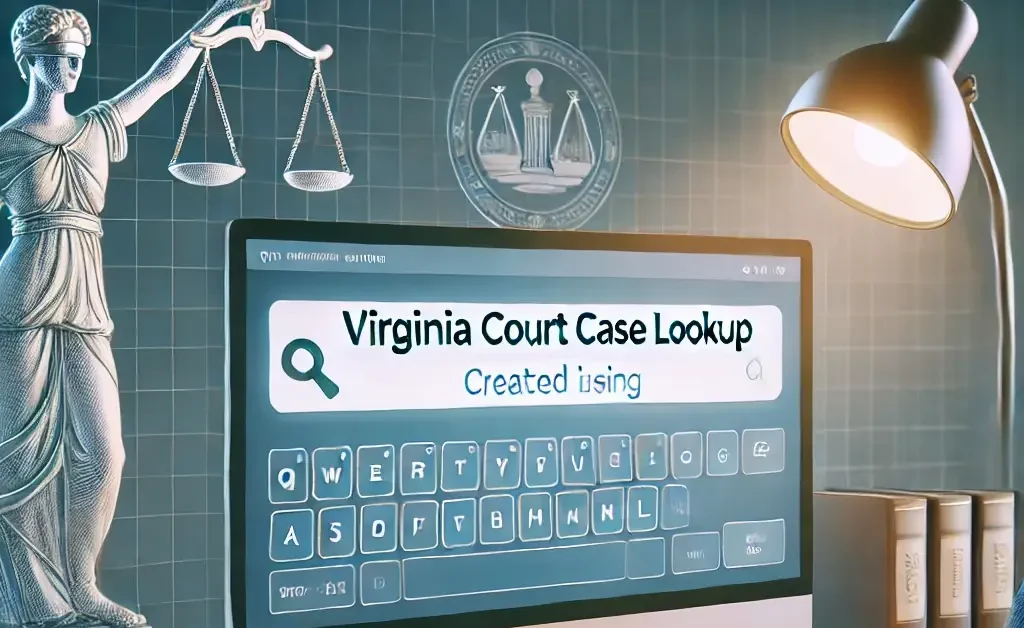Introduction
Suboxone lawsuit has become a significant legal problem for those who have utilized Suboxone for the treatment of opioid addiction. With the rates of opioid addiction reaching alarming levels worldwide, Suboxone has been promoted as a solution to assist those with opioid dependency. But as with so many other drugs, there are questions about the safety of the medication, its abuse potential, and the marketing strategies that have lead to its widespread prescribing. In this article, we’ll discuss the Suboxone lawsuits currently underway, what it all means to users, and what you can do if you feel you were adversely affected. We’ll also offer answers to frequently asked questions about the case.
Understanding Suboxone: A Drug That Holds Promise
Suboxone is a drug that contains two active ingredients: buprenorphine and naloxone. Buprenorphine acts to decrease opioid cravings and withdrawal, and naloxone is included to deter abuse by inhibiting opioid effects when abused. For others, Suboxone has been an essential part of their recovery from opioid addiction, providing a means to control symptoms without feeling the extreme highs and lows of opioids.
Although Suboxone has certainly been a lifesaver, the lawsuits state that it wasn’t always prescribed as it should have been, which could have resulted in misuse, dependency, and financial expense. Why, then, are lawsuits now emerging surrounding this much-reviled drug?
What is the Suboxone Lawsuit?
The Suboxone lawsuit is generally based on claims that drug companies responsible for making it engaged in misleading marketing tactics. Here are some of the main points from the lawsuits:
- False or Deceptive Advertising: One of the primary allegations in the suit is that the pharmaceutical companies falsely advertised Suboxone as being safe and effective, giving the impression that it was a miracle solution for opioid addiction. Plaintiffs claim that such assertions were deceptive, leading to unnecessary prescriptions to patients who may not have been in need of the drug in the first place.
- Improper Marketing to Doctors: Pharmaceutical companies allegedly incentivized doctors to prescribe Suboxone at higher rates, which could have led to over-prescribing and unnecessary drug use. Critics argue that this aggressive marketing contributed to more people becoming dependent on Suboxone, rather than addressing the root causes of their addiction.
- Price Gouging: Another allegation leveled against the manufacturers of the drug is increasing the price of Suboxone enormously, which made the drug too expensive for many individuals. Consumers contend that the price increase, in addition to fraudulent means, caused undue financial hardship for individuals attempting to treat their opioid dependence.
- Side Effects and Dependence: Certain users complain that Suboxone has led them to become dependent on the drug itself. Although it was meant to curb opioid cravings, some people were unable to quit taking Suboxone, resulting in new addiction issues.
Legal Steps in the Suboxone Lawsuit
If you think that you’ve been injured due to Suboxone, familiarizing yourself with the legal procedure is essential. Below is an overall outline to filing a suit:
- Seek Professional Counsel: The first step is to contact a lawyer who handles drug lawsuits. He or she will assess your situation and ascertain whether you are entitled to seek compensation. Lawyers with experience in opioid lawsuits are equipped to provide you with information about the complex laws and keep your rights protected.
- Gather Documentation: It is essential to compile all the documents pertaining to your use of Suboxone. These are prescriptions, medical records, evidence of any side effects, and interactions with your physician or pharmacist. Your attorneys will require these details to establish a solid case.
- Class Action Lawsuit: Several of the Suboxone lawsuits have been brought as class actions, in which a group of people with the same claims unite. This is advantageous because it pools efforts and tends to result in greater settlements.
- Litigation and Resolution: It may take years or months after a lawsuit has been filed for it to be resolved. While most pharmaceutical cases are resolved outside of court, some do go to trial. A settlement may involve money compensation, payment for medical bills, and other compensations.
The Impact of Suboxone Lawsuits on the Pharmaceutical Industry
The ongoing litigation in the case of Suboxone is not only significant for those parties directly involved but also for the wider pharmaceutical community. Cases like this can alter the marketing, prescribing, and regulation of drugs.
- Tighter Controls: As the opioid epidemic persists, governments and regulatory bodies may institute tighter controls on the marketing and prescribing of drugs such as Suboxone. This could limit over-prescribing and guarantee that individuals receive the medication they actually need.
- Increased Scrutiny: The Suboxone lawsuit may bring more scrutiny to pharmaceutical companies, particularly those dealing with the opioid crisis. This may compel more transparency in drug development and marketing.
- Public Awareness: The lawsuits also help increase awareness of the dangers of addiction treatment and urge users to be more careful when taking any drug, including Suboxone. Do you know about Arias Agencies Lawsuit.
FAQs
Who is eligible to bring a claim in a Suboxone lawsuit?
If you received a prescription for Suboxone and suffered adverse side effects, became dependent on it, or were deceived by deceptive marketing, you might be able to join the lawsuit.
How can I tell if I have a legitimate Suboxone claim?
Speak with an attorney who is experienced in pharmaceutical or opioid cases. They will look at your situation, your history, and other factors to see if you have a case.
What are the possible results of the Suboxone lawsuit?
Possible results include monetary compensation, a settlement deal, or reforms in how Suboxone is marketed and prescribed. But it may take years for a lawsuit to be resolved.
Am I allowed to keep using Suboxone during a lawsuit?
Yes, you may keep using Suboxone during the duration of the lawsuit, but make sure to notify your doctor of any legal proceedings so that they can effectively manage your treatment.
Conclusion
The Suboxone lawsuit is a turning point in the battle against the opioid crisis. For some, Suboxone has been a vital component of their recovery. But the legal action being brought against the drug companies involved in distributing it also asks significant questions regarding the morality of marketing, the safety of treatments for addiction, and the contribution of big pharma to public health. If you think that you have been impacted by Suboxone, it is crucial to speak to a lawyer so that you can discuss your rights.
For more information on opioid addiction and treatment, you can go to reputable sites such as The National Institute on Drug Abuse.








One thought on “The Suboxone Lawsuit: What You Need to Know About Legal Claims and Implications”